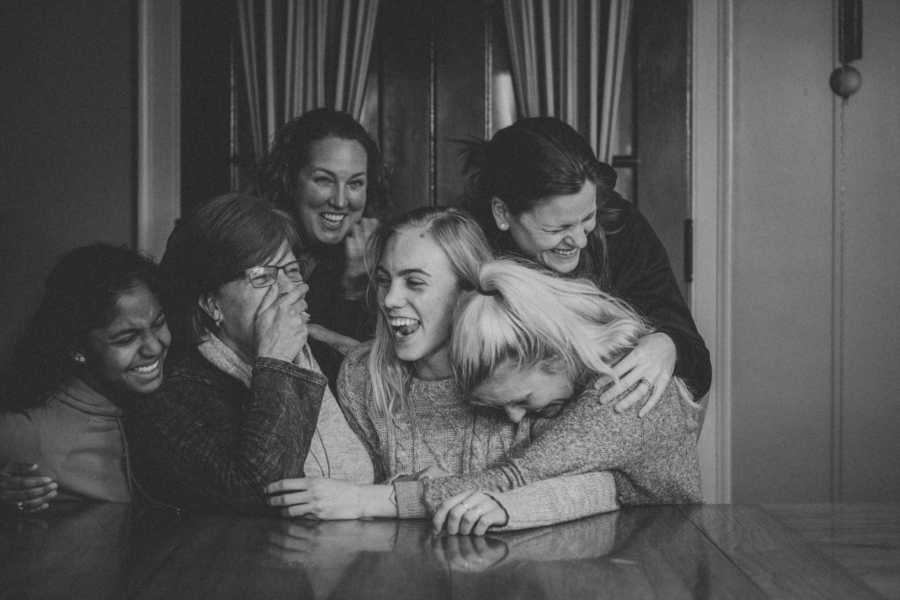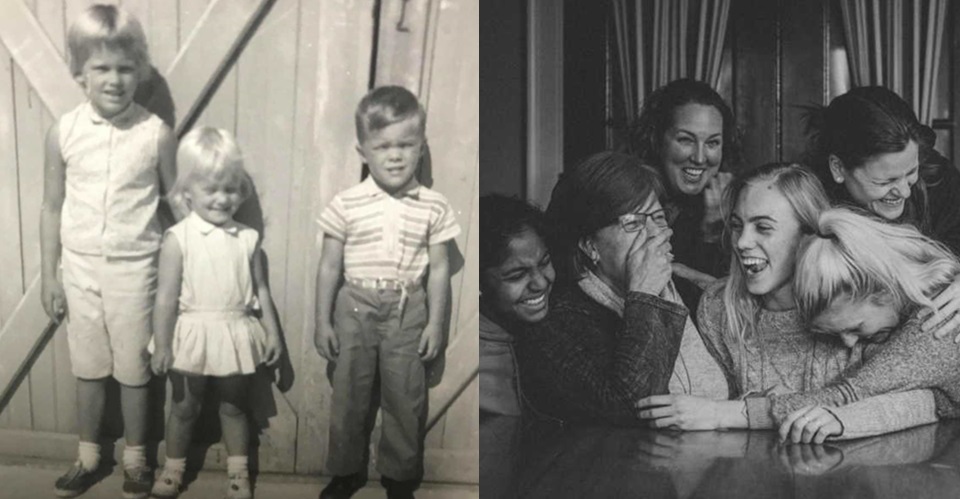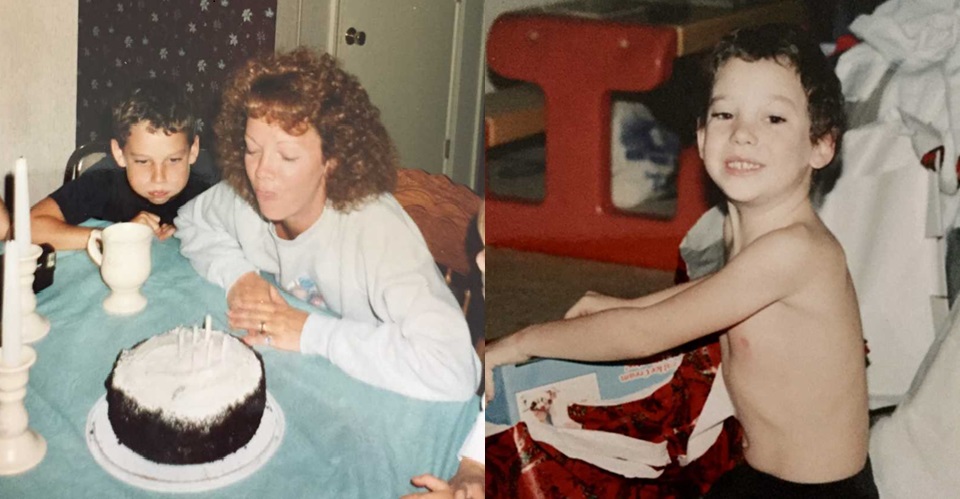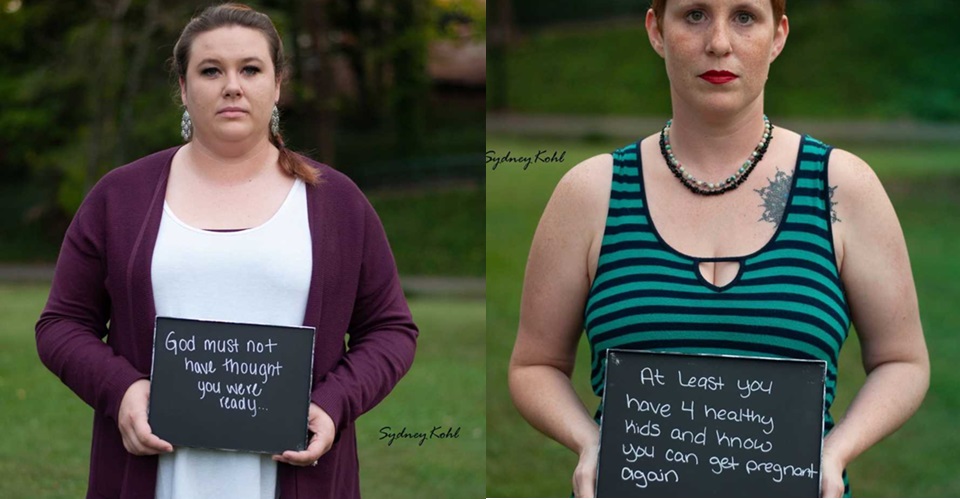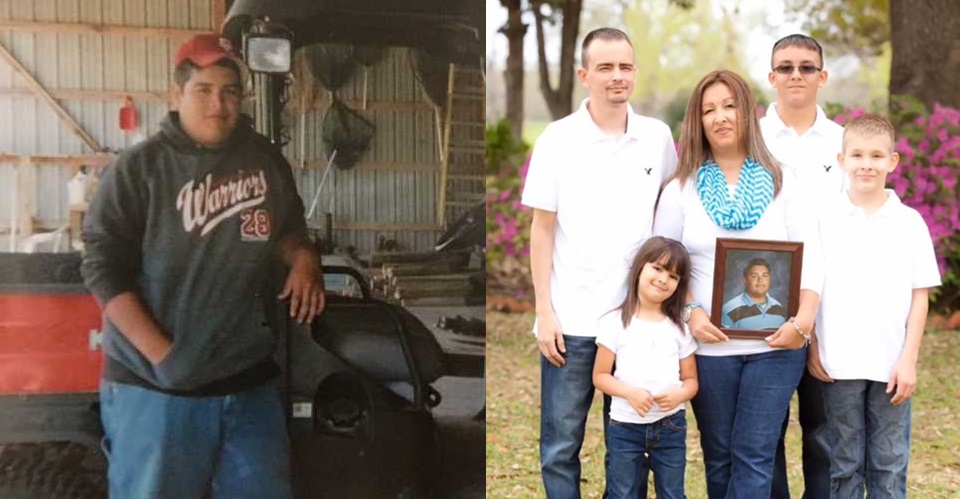Becky was sitting on the shore in Wildwood, New Jersey, when the thought hit her. She was not just on vacation; she was on a mission, and the goal was simple, though not easy: to make memories. This wasn’t just any shore. It was where her parents had gone to high school, where their story began, where every summer of her teenage years was spent scrubbing apartments until her back ached. People hear “I lived at the beach” and picture bonfires and lazy afternoons. But her summers looked like buckets of cleaning supplies, and the family worked together every Saturday, top to bottom, with no corner untouched. There was fun too, but her mom had a way of ensuring there wasn’t too much free time. “Idle hands get into trouble,” she’d say, and Becky worked at diners and clothing stores to prove her right. Those summers were harsh, but they built something inside her she didn’t understand until much later.
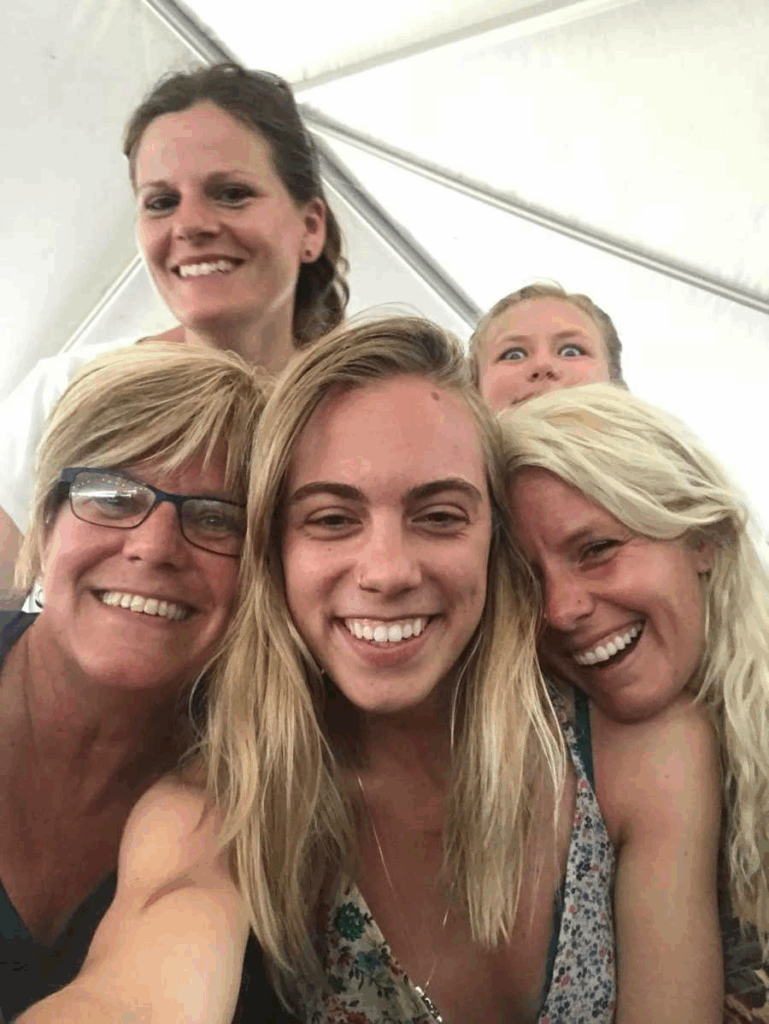
Now, as an adult, Becky has carried that same philosophy. She believes in memories more than things. Even before dementia came knocking at her family’s door, she was the mom who gave trips instead of toys at Christmas, who packed up her girls every summer and brought them back here, to her shore, her parents’ shore. She wanted them to feel what she felt when the car crested the hill and the boardwalk lights blinked into view. She wanted them to hum the Wildwood High fight song without even remembering when or how they learned it, just like she had done 45 years later. Those silly songs and strange traditions stick in ways you don’t see until they sneak back into your life like old friends.

Memories are funny that way. They slip and fade, but also reappear at the oddest times. A smell, a song, the way the air feels before a storm, and suddenly you’re back in a moment you thought you’d forgotten. Sometimes they sting, sometimes they bring laughter so sharp it surprises you, sometimes they make you cry when you least expect it. Becky has come to see memories as the thread stitching people together, even if no two people hold the same version of the story. Siblings can live in the same house, eat the same dinners, sit at the same table, and still carry away entirely different versions of what happened. Maybe that is what makes them sacred: they are so uniquely personal.
On this particular trip, Becky watched her family more closely than usual. She wondered what her children would remember. Would they feel the boardwalk like she did, as something more than flashing lights and carnival rides? Would they tuck away these beach trips in a corner of their hearts and call them home someday? It was impossible to know, but the wondering was part of the ritual and her attempt to hold on to what was slipping away in her life.
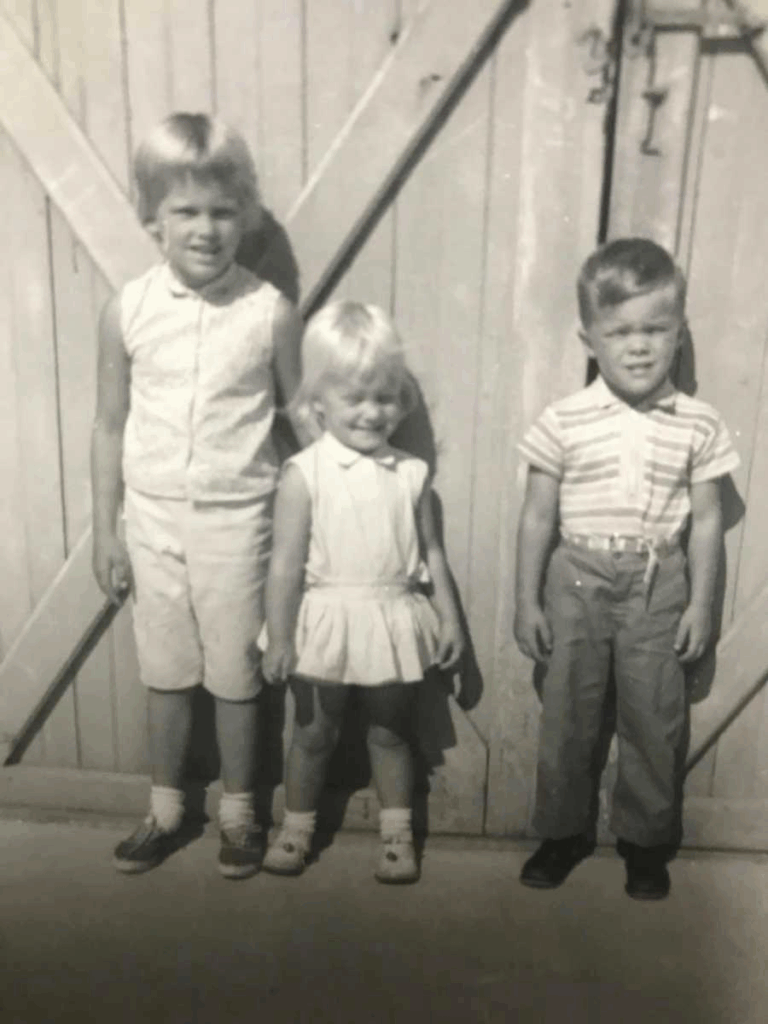
Because as her mom battles dementia, the value of a memory has sharpened into something Becky can’t ignore. She has seen how her mom’s mind works now, how a memory will sometimes float back to her just long enough to bring a flash of recognition. For a brief moment, she is herself again, and then it’s gone. Watching that slow unraveling has shown Becky just how much memories matter. They aren’t just nice stories; they are the things that make up a person. Every laugh, every tear, every hard day and good day layered together, shaping who we are and how we love.
The cruel part of dementia is the way it takes those pieces away, scattering them until the person you love begins to fade right in front of you. Becky feels the loss in her heart, and she knows her mom must feel it too, though she cannot always say it. The pain of watching someone disappear in pieces is something she wouldn’t wish on anyone.
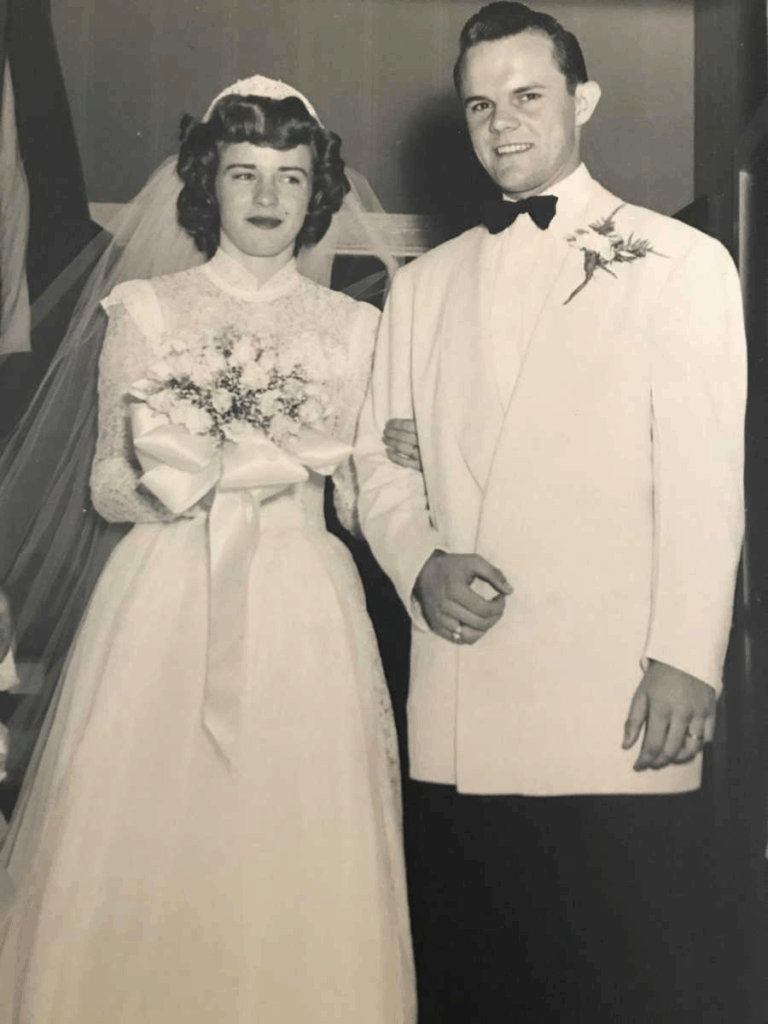
So Becky holds tight to her own memories. She lets herself savor the chaos, the mundane chores, the bursts of laughter, even the tears that sting. She tries not to rush past the everyday mess because she has learned that these things matter. When all the shiny distractions fade and the mind begins to falter, the love tied up in those ordinary moments remains. That, she believes, is all that really matters.
